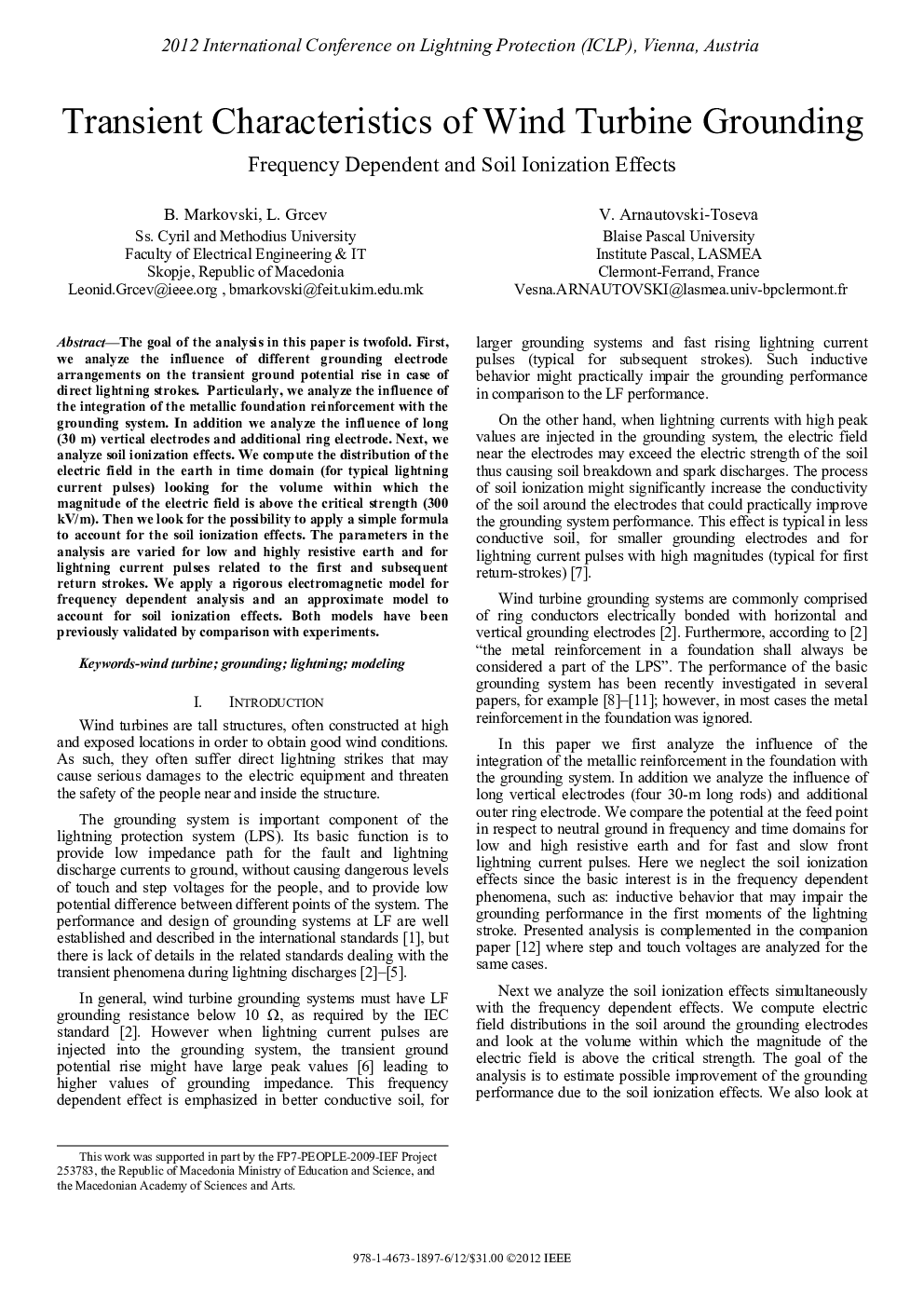| Article ID | Journal | Published Year | Pages | File Type |
|---|---|---|---|---|
| 7295000 | International Journal of Psychophysiology | 2016 | 6 Pages |
Abstract
Empathy is a fundamental attribute required for appropriate social functioning. The extent to which we empathize with others in pain is influenced by numerous factors. Being highly social species, humans face social stress on a regular basis, which undoubtedly affects how we react to our environment. It is not yet known how social stress may modulate our neural mechanisms when we empathize with others in painful circumstances, and its effects on empathic behavior are still unclear. For this reason, we recorded the electroencephalography (EEG) of healthy men and women, half of which were previously exposed to psychosocial stress, while they observed photographs of hands in painful and neutral situations. At the behavioral level, stress induced higher unpleasantness ratings to painful stimuli, and lower ratings to neutral pictures, independent of sex. At the neurophysiological level, we found that early (N110 over fronto-central sites) event-related potentials (ERPs) were not affected by stress, while late (P3 over centro-parietal regions) components showed a sex-dependent differential effect of stress. Correlation analyses further indicated a strong association between N110 with trait markers of empathy in all participants, while P3 was associated with the change in cortisol in stressed males. Our findings suggest that sex-dependent effects of social stress on the neural responses to empathy for pain give rise to comparable behaviors in men and women in the paradigm we employed, implying that each sex may engage in distinct mechanisms to cope with stress. Moreover, stress seems to modulate late neural mechanisms of empathy but not our early perception.
Related Topics
Life Sciences
Neuroscience
Behavioral Neuroscience
Authors
Cristina Gonzalez-Liencres, Anja Breidenstein, Oliver T. Wolf, Martin Brüne,
